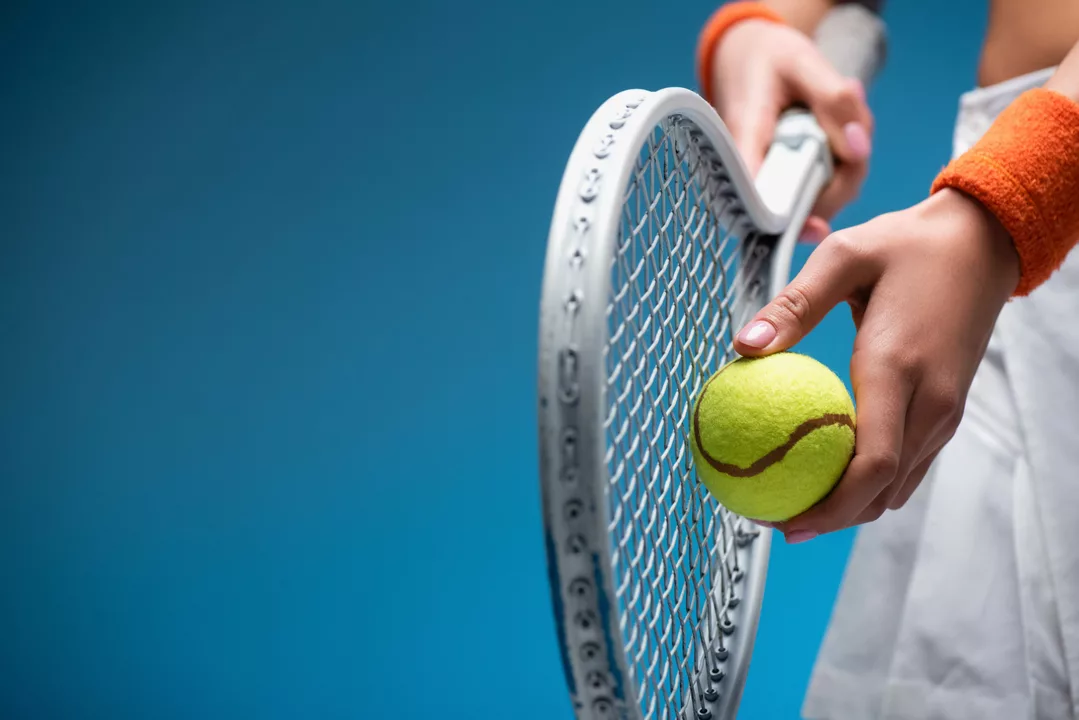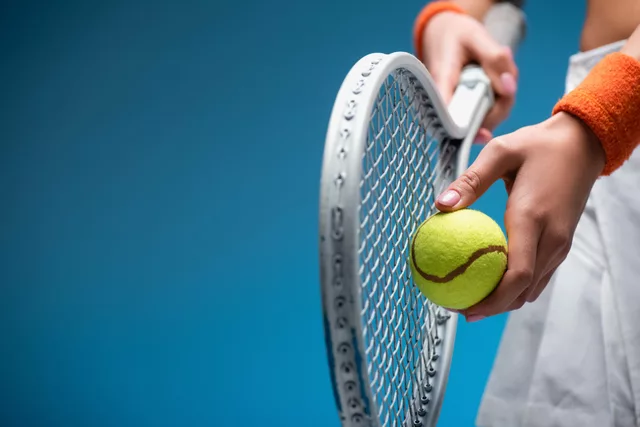 7 May 2023
7 May 2023
Do tennis balls go bad?
- Darius Montague
- 7 May 2023
- Sports and Recreation
Understanding the Shelf Life of Tennis Balls
As a tennis enthusiast, I've often wondered if tennis balls go bad. After a bit of research, I've discovered that tennis balls do, in fact, have a shelf life. In this section, we'll explore the factors that affect the longevity of tennis balls and how you can tell if they've gone bad. We'll also discuss the importance of proper storage and handling to ensure that your tennis balls last as long as possible.
Tennis balls are made of rubber and are filled with pressurized air or gas. Over time, the pressurized air can leak out of the ball, causing it to lose its bounce. This is why you'll often hear tennis players describe "dead" tennis balls as those that have lost their bounce and are no longer suitable for play.
The shelf life of a tennis ball varies depending on the brand and type of ball, as well as how it's stored. Generally, a tennis ball can last anywhere from one to four years if stored properly. However, once a tennis ball has been used, its lifespan decreases significantly and can be anywhere from a few weeks to a few months, depending on how often it's used.
Signs of a Tennis Ball Going Bad
It's important to know the signs of a tennis ball that's gone bad, as playing with a dead ball can be frustrating and even detrimental to your game. Here are some signs that indicate a tennis ball is past its prime:
1. Loss of bounce: This is the most obvious sign of a dead tennis ball. If it doesn't bounce as high as it used to or feels flat when you hit it, chances are it's time to replace it.
2. Faded color: Over time, the bright yellow or green color of a tennis ball can fade due to exposure to sunlight or other elements. While this doesn't necessarily indicate a loss of bounce, it can make the ball harder to see during play.
3. Worn or frayed fuzz: The fuzz on a tennis ball helps to create spin and control during play. If the fuzz is worn down or frayed, it can affect the ball's performance and make it more difficult to control your shots.
4. Out of shape: If a tennis ball has become misshapen or deformed, it's likely lost its pressurized air and is no longer suitable for play.
Proper Storage for Tennis Ball Longevity
To ensure that your tennis balls last as long as possible, it's important to store them properly. Here are some tips for keeping your tennis balls in top condition:
1. Keep them in their original canister: Tennis balls are sold in pressurized canisters to maintain their bounce. Once you've opened a canister, try to reseal it as tightly as possible to keep the remaining balls fresh.
2. Store them in a cool, dry place: Exposure to heat and moisture can cause tennis balls to lose their bounce more quickly. Keep them in a cool, dry environment, away from direct sunlight or damp conditions.
3. Avoid extreme temperatures: Don't leave your tennis balls in a hot car or outside during freezing temperatures, as this can cause them to lose their bounce and become damaged.
4. Rotate your stock: If you have multiple canisters of tennis balls, rotate them to ensure that you're always using the freshest balls first.
How to Extend the Life of a Tennis Ball
While tennis balls will inevitably go bad over time, there are some steps you can take to extend their lifespan and get the most out of each ball:
1. Use them for their intended purpose: Tennis balls are designed for use on a tennis court. Using them for other purposes, such as playing fetch with your dog, can cause them to wear out more quickly.
2. Avoid playing on rough surfaces: Playing on rough or abrasive surfaces, such as concrete or asphalt, can cause the fuzz on a tennis ball to wear down more quickly. Stick to playing on tennis courts or other smooth surfaces.
3. Don't step on them: Stepping or standing on a tennis ball can cause it to lose its shape and bounce. Be mindful not to step on your tennis balls during play or while they're stored.
4. Consider using a tennis ball pressurizer: Some players swear by using tennis ball pressurizers, which are designed to maintain the pressure inside a tennis ball and extend its life. While these devices can be an investment, they may be worth it if you're serious about keeping your tennis balls in top condition.
When to Replace Your Tennis Balls
Knowing when to replace your tennis balls is crucial for maintaining a consistent level of play. While there's no set rule for how often to replace your tennis balls, here are some general guidelines to follow:
1. Competitive players: If you play at a high level or in a competitive league, you may want to replace your tennis balls every match or practice session to ensure consistent performance.
2. Casual players: For casual or recreational players, you may be able to get away with using the same tennis balls for several weeks or even months, depending on how often you play. Pay attention to the signs of a tennis ball going bad and replace them when necessary.
3. Practice balls: If you use specific tennis balls for practice, you may be able to use them for a longer period of time, as long as they still provide a consistent bounce and feel during practice sessions.
Ultimately, it's important to remember that tennis balls do go bad and should be replaced regularly to ensure a consistent and enjoyable playing experience. By storing them properly and taking steps to extend their life, you can make the most of each and every tennis ball.
